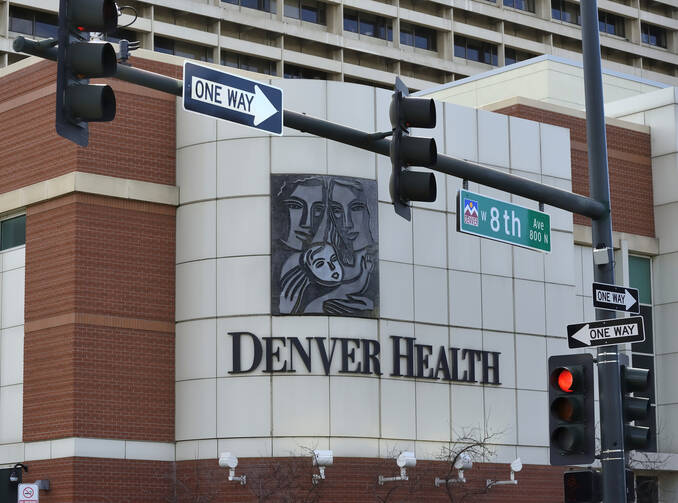Colorado is embarking on a bold experiment in direct democracy. Voters this November will decide whether to create a state-run single payer health care system. ColoradoCare would cover 100 percent of residents, including undocumented workers. The cost of the system would be borne by both employers and employees. The proposal is meeting with fierce resistance from insurance companies as well as politicians who worry about the potential costs of the program. Supporters argue that the program would save most residents money by lowering copays and eliminating deductibles.
Though ballot initiatives can sometimes muddle the democratic process (see “Referendum Irresponsibility,” America, 8/1), the ColoradoCare initiative strikes us as a good model of state experimentation. Our current national health care system was modeled on a successful program in Massachusetts. Depending on the results in November, ColoradoCare could inspire other states to experiment with health care delivery. Obamacare allows states to opt out if they provide for a system that gives the same level of care. ColoradoCare promises to offer a higher level of insurance for everyone who lives in the state.
RELATED: Colorado’s Universal Health Care Proposal Is Also a Seismic Expansion of Democracy
ColoradoCare would be paid for by a state income tax of 10 percent, two-thirds of which by law would be covered by employers. Yet freelancers or men or women who stay at home to raise their families would have to pay all of the tax themselves. This places a significant burden on people who cannot find full-time work. But the proposal as a whole is intriguing, especially coming from a state like Colorado, where the reds and blues of electoral politics bump up against each other in unique ways. For decades the idea of a single-payer health care system for all has been by turns glorified and vilified. It would be refreshing to see if it actually works.








